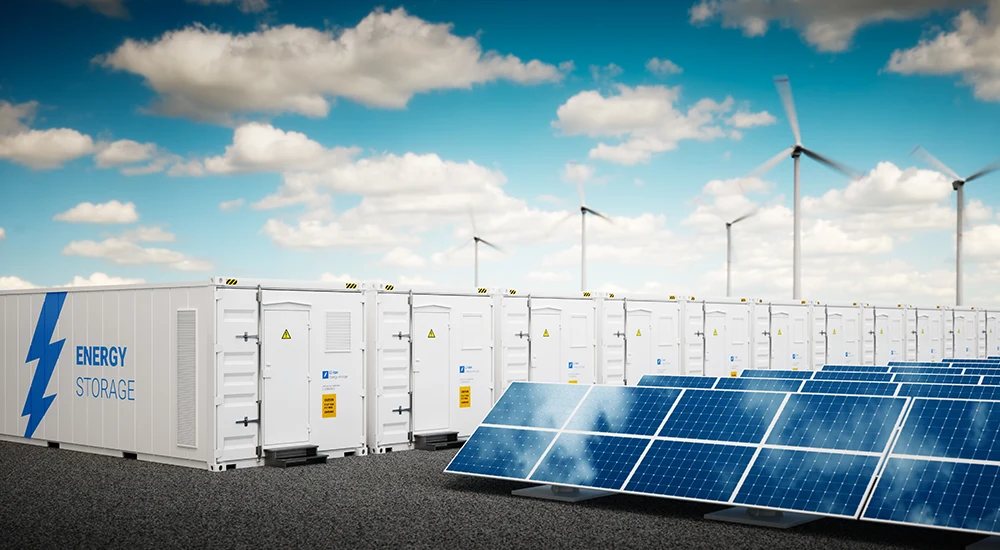IEHL is at the cutting edge of a major shift in South Africa’s approach to energy and transportation.
Video by IEHL: 3D Model video Maboneng BESS 0.1 & Giga Charge
IEHL is at the cutting edge of a major shift in South Africa’s approach to energy and transportation. Their pilot program is strategically designed to significantly influence both sectors, in alignment with South Africa’s commitment to the National Determined Contribution (NDC) and the global objective of achieving net-zero emissions by 2050. This comprehensive initiative encompasses two primary areas: the Energy Sector and Green Mobility.
Energy Sector: Maboneng Battery Energy Storage System (BESS 0.1)
Project Overview:
- The Maboneng BESS 0.1 is a pivotal project within IEHL’s energy sector portfolio. This state-of-the-art battery energy storage system represents a leap forward in renewable energy management and distribution.
- By integrating Maboneng BESS 0.1 into the national grid, we aim to enhance the efficiency of solar and wind energy production, ensuring a more reliable and stable energy supply.
Technical Specifications and Impact:
- The system is designed with a sophisticated array of battery storage technologies, capable of storing large amounts of energy generated from renewable sources.
- With a substantial storage capacity, the Maboneng BESS 0.1 will play a critical role in balancing the grid during peak demand times and storing excess energy when production exceeds consumption.
- This technology not only bolsters the reliability of renewable energy sources but also reduces dependency on fossil fuels, thereby significantly cutting down on greenhouse gas emissions.
- The project is a pioneering example of how advanced technology can be leveraged to create a sustainable and resilient energy infrastructure.
Green Mobility: Revolutionizing Transportation
E-Mobility Initiative:
- IEHL’s foray into Green Mobility is centered around promoting Electric Mobility (E-Mobility), a strategic move to revolutionize the transportation sector in South Africa.
- This initiative aims to transition the country away from its current reliance on fossil fuel-powered vehicles, thereby significantly reducing CO2 emissions and contributing to a cleaner environment.
Strategies and Implementation:
- IEHL’s approach includes the development and deployment of electric vehicles (EVs), along with the necessary charging infrastructure to support them.
- They are focusing on establishing a network of high-capacity, fast-charging stations that are conveniently located and easily accessible to the public. This infrastructure is essential to facilitate the widespread adoption of EVs.
- In parallel, they are working on awareness campaigns and partnerships to promote the benefits of E-Mobility, addressing potential barriers to adoption such as range anxiety and cost considerations.
- The transition to E-Mobility is not just an environmental imperative but also presents an opportunity to modernize the transportation infrastructure, making it more efficient, cost-effective, and sustainable in the long run.
These ambitious projects under IEHL’s pilot program are set to transform the energy and transportation landscapes in South Africa. By introducing advanced, sustainable technologies in the energy sector and leading the shift to green mobility, IEHL is not only contributing to the country’s environmental goals but also paving the way for economic growth and societal benefits that come with cleaner, more efficient energy and transportation systems.
© 2024 IEHL

